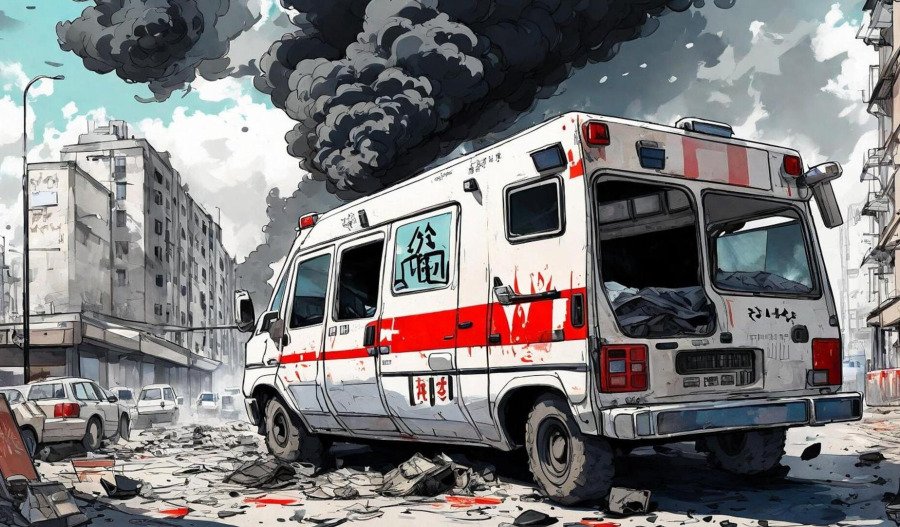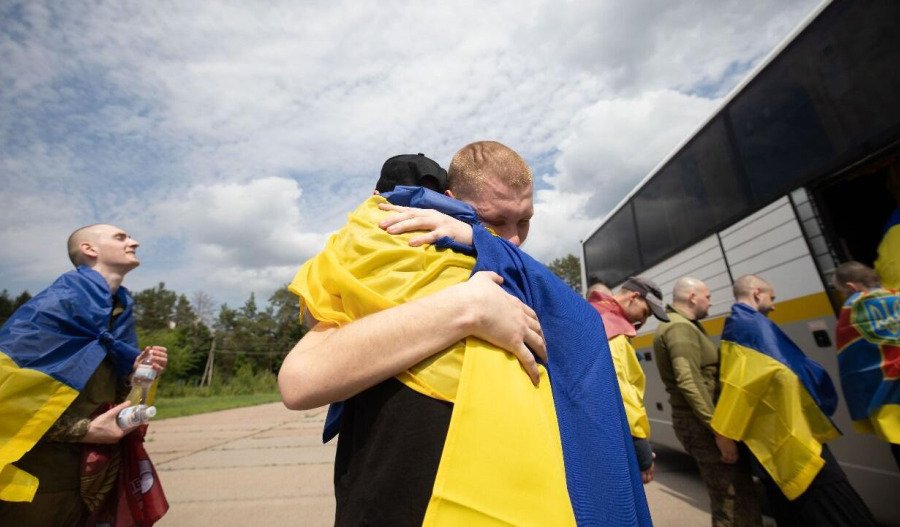Europe could be a lot closer to directly engaging in war with Russia, with the trading bloc’s largest port, Rotterdam, having already begun preparing for such an eventuality.
The port’s CEO Boudewijn Siemons is understood to have told the Financial Times that port authorities are reserving space for ships carrying military cargo and developing plans to redirect commercial traffic in the event of war.
In May, the Dutch Ministry of Defence announced that Rotterdam – which is already a strategic oil storage site – will at the request of the NATO alliance provide space for several ships with military supplies.
According to Siemons, such ships would remain within the port’s container terminal for several weeks, up to five times annually, while munitions could be safely and discretely transferred from one ship to another.
Siemons also told the media he was coordinating with the neighbouring Antwerp port [and possibly other ports] on how to cater for possible future arrivals of UK, U.S. and Canadian vehicles and supplies.
Admittedly, the Port of Rotterdam is no stranger to amphibious military exercises.
However, current measures – which are part of the European Union’s (EU) broader preparations for a possible Russian attack – follow NATO Secretary General Mark Rutte’s upping of the ante in June when he warned that Russia could attack one of the alliance’s members by 2030.
Mark Rutte has also warned that Estonia could become Russia’s next target within five to seven years if NATO fails to boost its defence spending and readiness.
In light of these threats, NATO allies have already committed to increasing military spending to 5% of GDP.
Meanwhile, the EU is preparing a rearmament program worth up to 800 billion euros to increase its defence capabilities and reduce its reliance on the United States.
The port director has also allegedly called on the EU to create strategic reserves (stockpiles) not only of oil, but also of critical resources such as copper, lithium, and graphite.
Heightened NATO activities
Increased activity by NATO allies in Ukraine’s war against Russia includes:
• Denmark has begun deploying maritime drones in the Baltic Sea to help protect underwater infrastructure and monitor vessels amid growing hybrid threats from Russia.
• France’s navy has also, for the first time, deployed the 101-metre-long intelligence ship Dupuy de Lôme to the Baltic to intercept radio signals linked to Russian activity.
While European ports are grappling with logistics in the likely event of a future military engagement with Russia, they’re also confronted with the current fallout from U.S. President Donald Trump’s [seemingly] unstable customs policy.
Combined with low river water levels, it has created Europe’s worst logistics disruptions since the pandemic.
Meanwhile, in direct response to growing concerns about geopolitical instability, including a potential military conflict with Russia, the European Commission is drafting a new strategy to establish strategic reserves of critical materials — including rare earth elements, food supplies, and repair equipment for undersea cables.
The strategy calls for joint reserves of essential items such as food, medicine, and nuclear fuel, while the EU itself would maintain supplies of critical raw materials like permanent magnets and rare earth metals.
The Commission also proposes storing key components to enable the rapid repair of damaged energy and optical cables — an area of concern following recent incidents involving gas pipelines and telecommunications infrastructure in the Baltic Sea.
This initiative is part of the EU’s broader “Union of Preparedness” strategy, launched in March 2025, which urges both governments and citizens to be ready for emergency.



